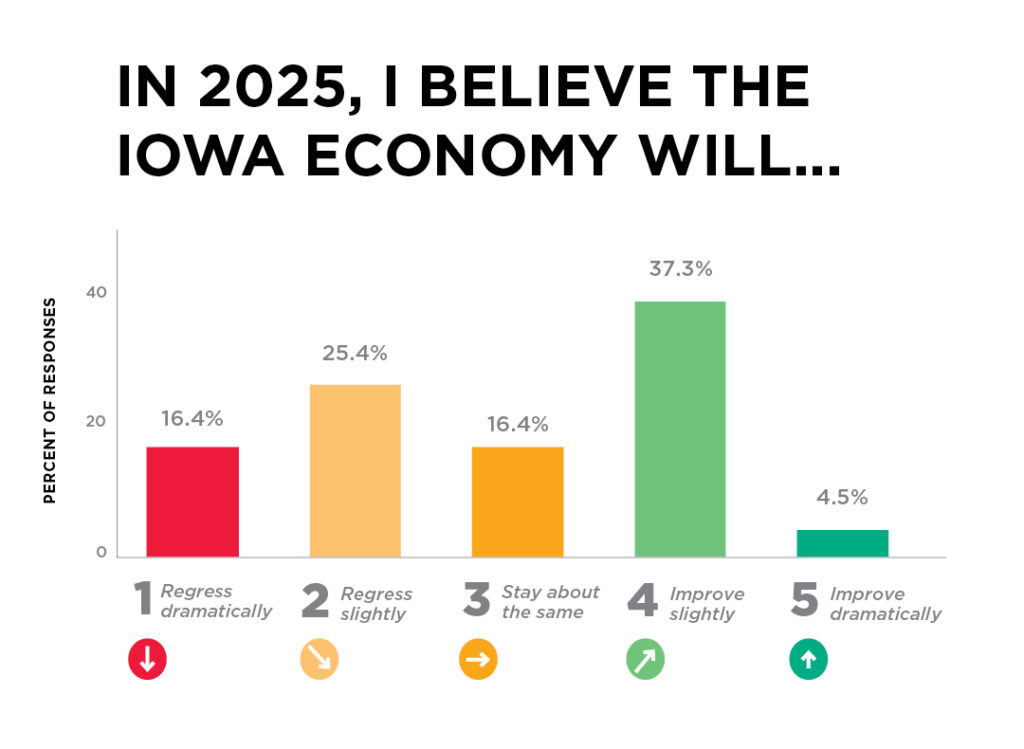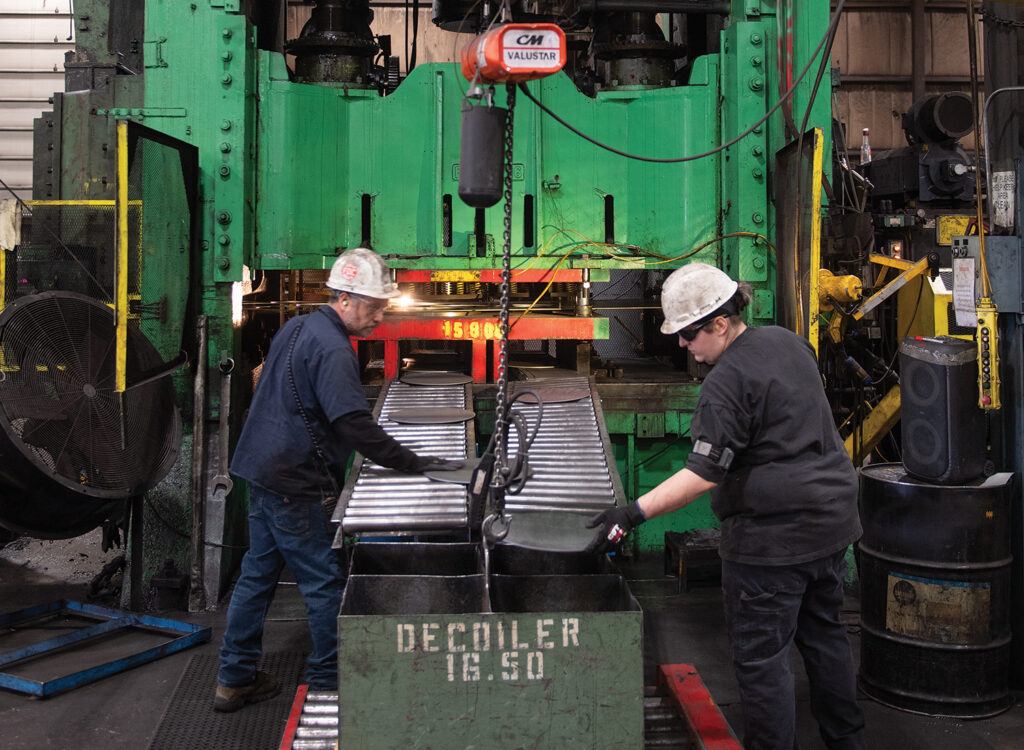The Elbert Files: Unexpected benefits

DAVE ELBERT Apr 21, 2021 | 1:16 pm
3 min read time
648 wordsBusiness Record Insider, Opinion, The Elbert Files
The COVID-19 pandemic has changed lives in ways we will never fully understand, but which have already created new paths to the future.
It’s natural to view many changes in negative terms.
We can’t go out with friends for drinks the way we once did. We’ve missed life-altering events – weddings, births and deaths – of those closest to us. And parents are forced into double duty as teachers for homebound children.
Each missed opportunity changes us.
It’s easy to be depressed, although it doesn’t all have to be that way.
Perception is everything.
Keeping a positive focus is good advice, but that is easier said than done in uncertain times.
Taking a longer view may help keep things in perspective. So let’s take a look at what’s happening and why some of it may be good.
The distance learning that has been forced upon many families during the past year is one example.
Schools have struggled to make it work, some with more success than others. But that’s always the case when something new is tried.
We have to be patient and work out the kinks.
When the pandemic began, there was no shortage of stories about how closing school buildings would court disaster. Children would not have the discipline to learn from home and few parents would have the time, energy or knowledge to make it work.
Or so we were told.
Iowa’s governor and the state educational structure were particularly pessimistic and still are.
Rather than encouraging experimentation, they threatened to pull educational licenses from school districts and teachers who did not conform to their narrow approach of keeping schools open, despite legitimate health concerns.
In the process, they generated more fear and concern than was warranted.
But now, one year into this unusual experiment, we are beginning to hear success stories about students and families who embraced new models of distance learning.
Particularly noteworthy are children who had previously been bullied and discouraged from learning. Without distractions, some of those children are flourishing for the first time, as are others.
I expect to eventually find more benefits than downside from the past year’s experiments with distance learning.
It’s true, not all children immediately adapt to computer learning. But it appears enough have to make some forms of remote learning a viable option going forward, just as home schooling was for some children a generation ago.
If nothing else, we’ve learned that there is nothing magic about a nine-month school year or a six-hour teaching day.
Another benefit is growing recognition of the importance of broadband access for rural Iowa.
Rural Iowans’ hopes for joining the digital economy reach back to the late 1980s when visionaries believed they could achieve transformative change by installing a statewide fiber-optic network. Most of the required trunk line was created but the network was never built out, and most rural communities remained in the dark.
Now, because of the pandemic, there is new urgency and, hopefully, money to complete the effort, because it is increasingly clear the benefits will be substantial.
Telemedicine, like distance learning, has been slow to develop, but the pandemic lockdown has done wonders to improve technology and techniques in the past year.
“Visiting” the doctor will never be the same again.
Nor will “going” to the movies, or “reading” a newspaper or magazine now that we’ve become accustomed to viewing new releases on Netflix, HBO or other small-screen channels and to receiving our daily news from podcasts and other digital sources.
Transportation is another industry that’s in the throes of revolution, with electric vehicles and high-speed trains on the verge of competing with gasoline-powered cars and jet airplanes.
It may be difficult to see today, but I believe historians 50 years from now will look back on pandemic-inspired changes in robotics, communication, health care and many other areas and marvel at our inventiveness.








